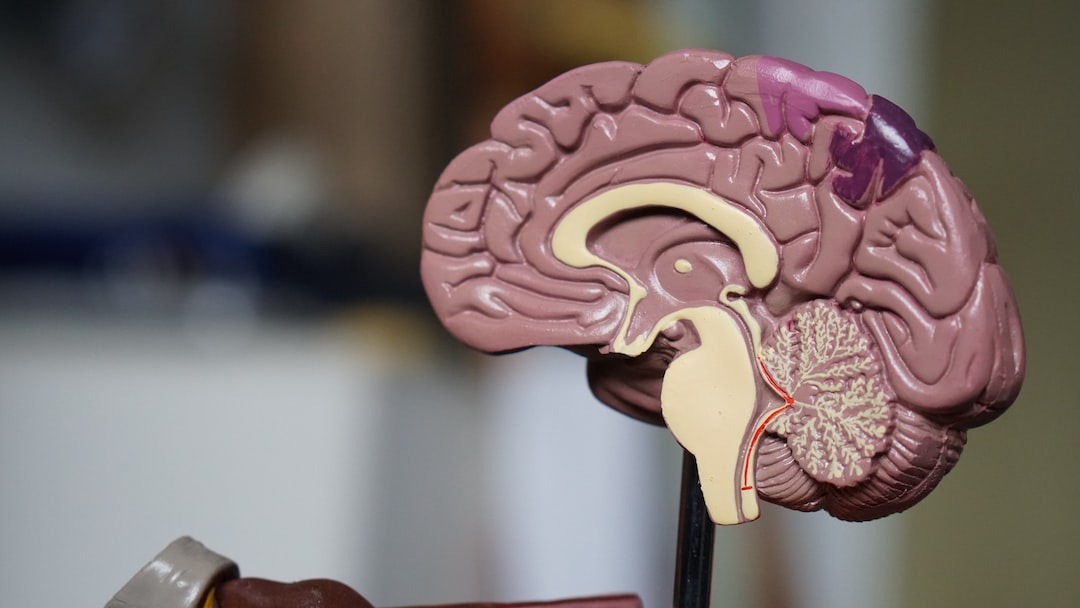
There is a significant roadblock that still keeps many people from the recovery that they need and desire. This roadblock is shame. Shame and stigma are also the reason that many people do not come back to their recovery plan if they have the unfortunate (but relatively common) experience of relapsing. The good news is that shaming and stigma are slowly but surely being lifted in today’s society. This lifting of shame is helping many people recover from their issues of addiction, including people recovering from addiction in Fort Collins, Colorado.
The Importance of Addressing Shame in Recovery
Because stigma and shame can be so damaging to the chances of people’s recovery, it must continue to be addressed in the public sphere. Doing so is going to help people both recover and avoid relapse, and many people don’t realize how prevalent relapse is in the U.S.
According to the peer-reviewed article New Findings on Biological Factors Predicting Addiction Relapse Vulnerability, “It has long been known that addictive disorders are chronic and relapsing in nature. Recent estimates from clinical treatment studies suggest that more than two-thirds of individuals relapse within weeks to months of initiating treatment. For 1-year outcomes across alcohol, nicotine, weight, and illicit drug abuse, studies show that more than 85% of individuals relapse and return to drug use within 1 year of treatment.” Some of these relapses are due to “triggers” related to shame.
Stigma and shame can keep people from revealing both their issues with active addiction and their lives in active recovery. This is a double-edged sword. Shame is keeping people from getting the help they need to recover, and it is keeping people opening up about their recovery so people around them can make conscious decisions to avoid triggering them. The good news is that stigma is slowly dissipating, and there are many ways in which shame in recovery can be dissolved.
Ways to Resolve Shame in Recovery
One of the best ways to resolve shame in recovery is to be around other people who understand that there is absolutely no shame in both struggling with addiction (it is a disease that is out of one’s control without intervention) and being in active recovery. Many of these people can be found in the vibrant recovery communities of 12-Step recovery, SMART recovery, and recovery dharma (among others).
Another way to resolve shame in recovery is to stay closely connected to responsible and reputable recovery centers. This is the case for many people recovering from addiction in Fort Collins because there are many excellent recovery facilities like the ones offered by The Redpoint Center. Staying connected to a recovery center, perhaps in a sober living facility, helps people remember that what they are doing in recovery is noble and not shameful.
The Benefits of Treating Addiction in Fort Collins
There are many benefits of treating addiction in Fort Collins. One of the benefits comes from the beautiful landscape offered by the Rocky Mountains. Another benefit includes its proximity to the exciting city hubs of places like Denver and Boulder.
As previously mentioned, one further benefit comes from being in a place that has vibrant and already established recovery communities. There are also some of the best recovery professionals and recovery centers in the country in Fort Collins. This is why many people come to Fort Collins to treat addiction and stay to maintain long-term recovery.
Resolving Shame and Recovering From Addiction in Fort Collins
The renowned German philosopher Friedrich Nietzsche once said, “What do you regard as most humane? To spare someone shame.” This is what it feels like when recovering from addiction in Fort Collins, Colorado. It is a community that is warm and empathetic and aims to shame no one, especially those who have chosen the bold and brave path of recovery.
There is also a sense of peace when recovering from addiction in Fort Collins. This serenity can also come from working recovery with The Redpoint Center, which helps individuals work through their shame by learning to address their shame and potential past traumas directly. Now, this can set up a foundation in which a strong recovery can be built that cannot be broken by guilt, shame, or stigma.
Our Recovery Mission at The Redpoint Center
Here at The Redpoint Center, our recovery mission is clear. We aim to help anyone who needs, wants, or wishes recovery both achieve it and hold onto it in the long term. Also, we teach them to overcome any shame they may feel so they can live a happy, joyous, and free life.
We honor our clients by reminding them that they are going forward with one of the hardest but most rewarding acts a person will ever have to do: recovery. That is our mission, and that is our promise.
Shame can be a big part of addiction and/or mental illness, which is why addressing it in recovery can be so crucial. That is why it is important to address any shame that may arise in recovery sooner than later. Not doing so has been shown to decrease the chances of long-term recovery and increase the chances of relapse. If you feel like you or a loved one is struggling with issues of addiction, mental illness, or both, we can help get you on the right road to recovery. For more information regarding recognizing and addressing shame in recovery, please reach out to The Redpoint Center today at (303) 710-8496.











